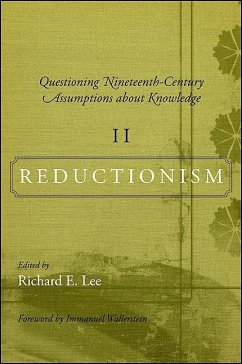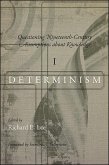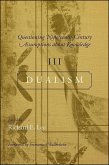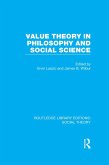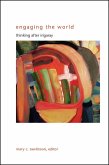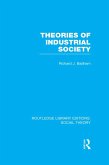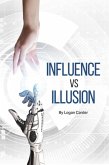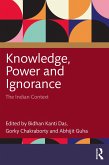During the last few decades, the fundamental premises of the modern view of knowledge have been increasingly called into question. Questioning Nineteenth-Century Assumptions about Knowledge II: Reductionism provides an in-depth look at the debates surrounding the status of "reductionism" in the sciences, social sciences, and the humanities in detailed and wide-ranging discussions among experts from across the disciplines. Whether or not there is or should be a basic epistemological stance that is different in the sciences and humanities, and whether or not such a stance as exemplified by the approach to reductionism is changing, has enormous consequences for all aspects of knowledge production. Featured are an overview and subsequent discussion of this pervasive concept in the social sciences that parses reductionism into the categories of strong social constructionism and anti-essentialism, social ontology and the apathetic actor, dualisms, and individualism. Also of interest in chapters and follow up discussions are the relations between essentialism and emergentism in complex systems theory.
Dieser Download kann aus rechtlichen Gründen nur mit Rechnungsadresse in A, D ausgeliefert werden.

